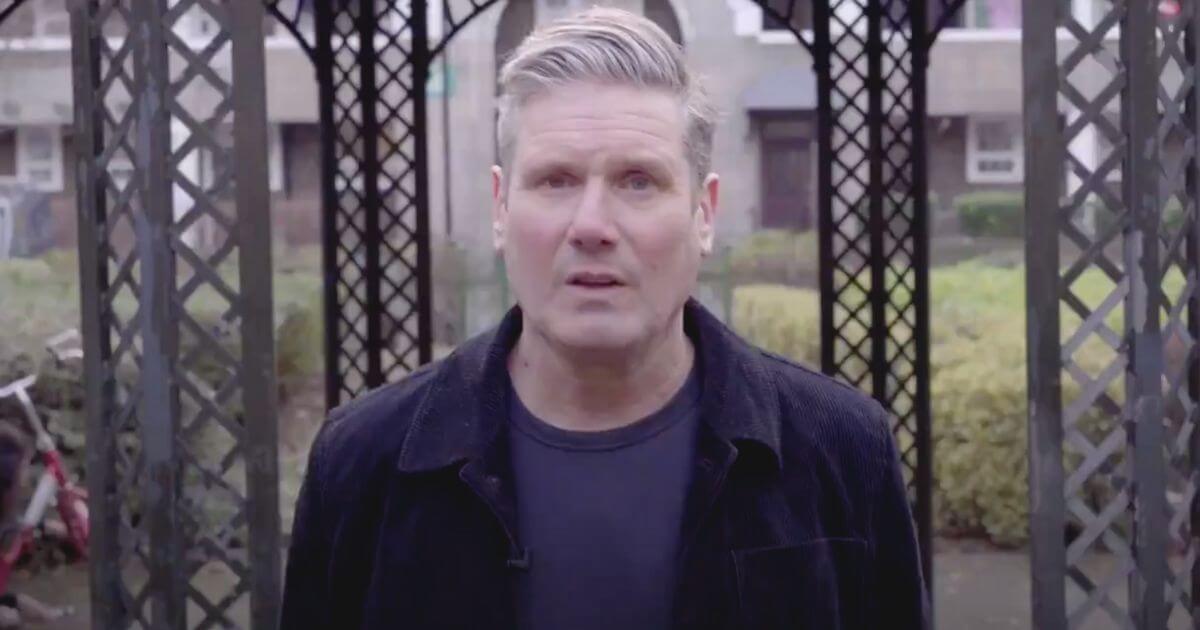Keir Starmer has been announced as the new Labour Party leader with fifty-six percent of the vote. Starmer will be joined by Angela Rayner as deputy leader.
Starmer’s election brings to an end the almost five-year duration of Jeremy Corbyn as leader of the party. After announcing plans to introduce abortion, for any reason, up to birth, Labour suffered their worst electoral defeat since 1935.
Keir Starmer does not have a good record when it comes to life issues.
In July 2019 he voted in support of imposing an extreme abortion regime on Northern Ireland. In October 2018, he voted in support of an amendment to put pressure on the Government to change abortion legislation in Northern Ireland.
That same month, he voted in support of a Ten-Minute Rule Motion, which if it had been successful, would have introduced abortion on demand, for any reason, up-to 24-weeks in Northern Ireland – along with removing many of the current legal safeguards around abortion provision in England and Wales.

Sourced from the Where Do They Stand voting record database.
On the assisted suicide issue, he voted in September 2015 in support of a Bill to introduce assisted suicide to England and Wales. That Bill was then defeated by a very large margin (330 votes to 118).
Ahead of the election, he signed a pledge from the UK’s largest abortion provider, the British Pregnancy Advisory Service, to support a change in law that would introduce abortion for any reason up to birth – the only leadership candidate to have done so.
Additionally, he has thrown his support behind a host of pro-abortion pledges listed in an open letter to his as evidenced through his personal tweet in reply.
The pledges include:
- Introducing abortion up to birth, for any reason to the UK
- Opposing any attempt to reduce the abortion time limit
- Supporting the introduction of buffer zones around all hospitals and clinics providing abortion ‘services’
- Remove the two doctor clause
- Require doctors to register their conscientious objection
- Introduce a legal requirement for hospitals to provide abortion ‘services’
Before becoming an MP in 2015, Sir Keir Starmer made some startling revelations over his abortion stance while he was the UK’s Director of Public Prosecutions.
A month before quitting as the head of the Crown Prosecution Service, Sir Keir ruled against the prosecution of two doctors who were secretly filmed arranging sex-selective abortions in a Telegraph exposé. The CPS stated it was not in the “public interest” to prosecute the individuals.
In a letter explaining his decision to the Attorney General, Dominic Grieve, Sir Keir said that the 1967 Abortion Act “does not… expressly prohibit gender-specific abortions.” He also noted that in many cases doctors approve abortions without even meeting their patient.
Since then he has also said abortion should not be a “criminal law issue”.
Speaking during a visit to a nursery in Batley, West Yorkshire, he said: “It should be a matter of a woman’s right to choose. I want to see this reviewed and changed. We need to take criminal law out of it.”
Starmer will be joined by Angela Rayner as deputy leader. Unfortunately, Rayner has a similarly bad record when it comes to the beginning of life, but appears to take a pro-life position when it comes to the end of life, voting to oppose assisted suicide.

Sourced from the Where Do They Stand voting record database.
Spokesperson for Right To Life UK, Catherine Robinson said:
“We are disappointed to see the Labour Party elect yet another leader who takes an extreme pro-abortion position when it comes to voting on abortion in Parliament. Keir Starmer has been joined by Angela Rayner, who has a similar bad record when it comes to the abortion issue. Fortunately, she opposed introducing assisted suicide in 2015 and we hope that her opposition to assisted suicide will continue in her new position and that she can be of influence on this issue to Keir Starmer and the rest of the party.
We are also hopeful that what appears to be the Labour Party moving back to an overall more centrist position will make it easier for Labour MPs who are pro-life to maintain their position as Labour MPs. Momentum-led local party associations have put an enormous amount of negative pressure on some Labour Party MPs that have taken a pro-life position on life issues. With the election of a non-Momentum candidate as leader, we are hoping that this will signal a slow down of these extreme elements in the party and that the party will be more open to a variety of views on life issues among its MPs.”












